1. Bread Falling Butter-Side Down Brings Bad Luck
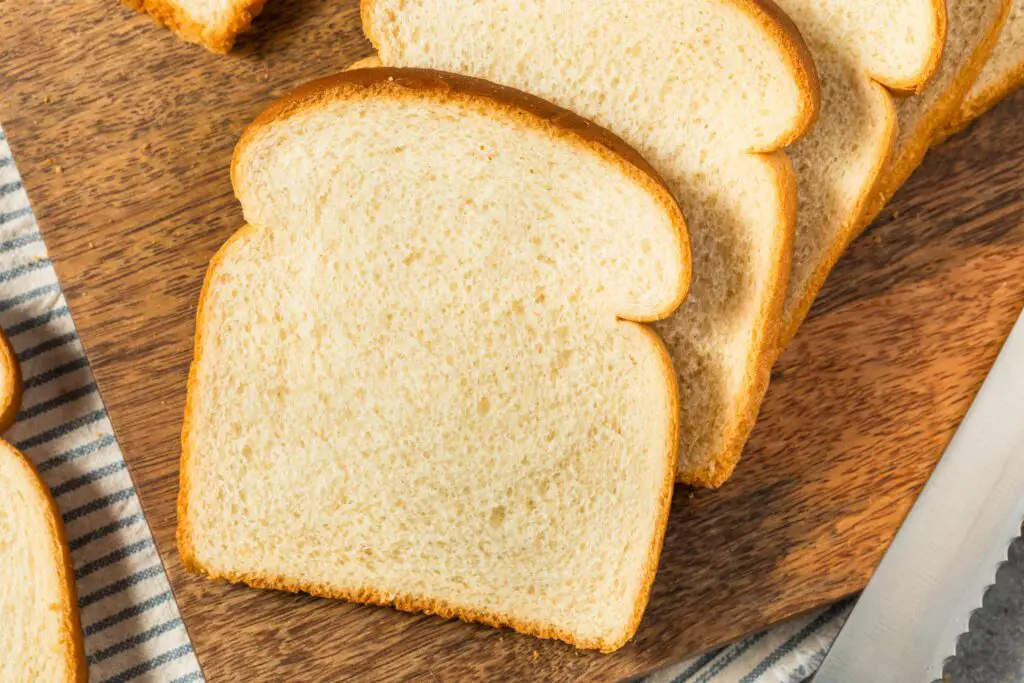
In some European households, it was believed that if a piece of bread landed butter-side down, it wasn’t just clumsiness—it was a bad omen. Bread has long been considered sacred in many cultures, so seeing it wasted or dirtied was thought to invite misfortune. People even tried to balance their slices more carefully to avoid what they saw as a sign of looming trouble.
This little superstition likely grew out of the simple frustration of watching a good piece of food ruined. Still, families would tell kids to never laugh about it, because mocking “food luck” could supposedly bring even more misfortune. It’s funny how something as ordinary as dropping toast could carry such a heavy meaning.
2. Eating Grapes at Midnight Brings Prosperity
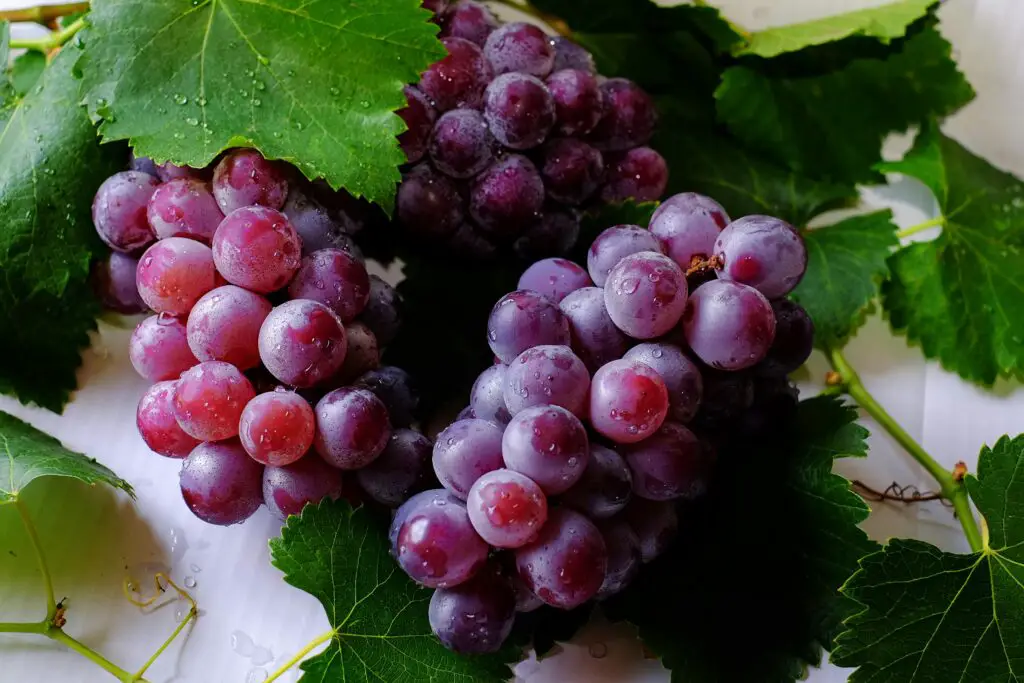
In Spain and Latin America, many people eat 12 grapes at the stroke of midnight on New Year’s Eve. Each grape represents one month of the coming year, and eating them all before the clock finishes striking twelve is supposed to bring good fortune. If you skip one or choke on a grape, that month might not go your way.
The tradition has been around for over a century and is still practiced today. Families often gather around bowls of grapes, laughing nervously as they race against the clock to chew them all in time. It’s both festive and stressful, but everyone believes it’s worth it for a lucky year ahead.
3. Fish Eyes Bring Wisdom
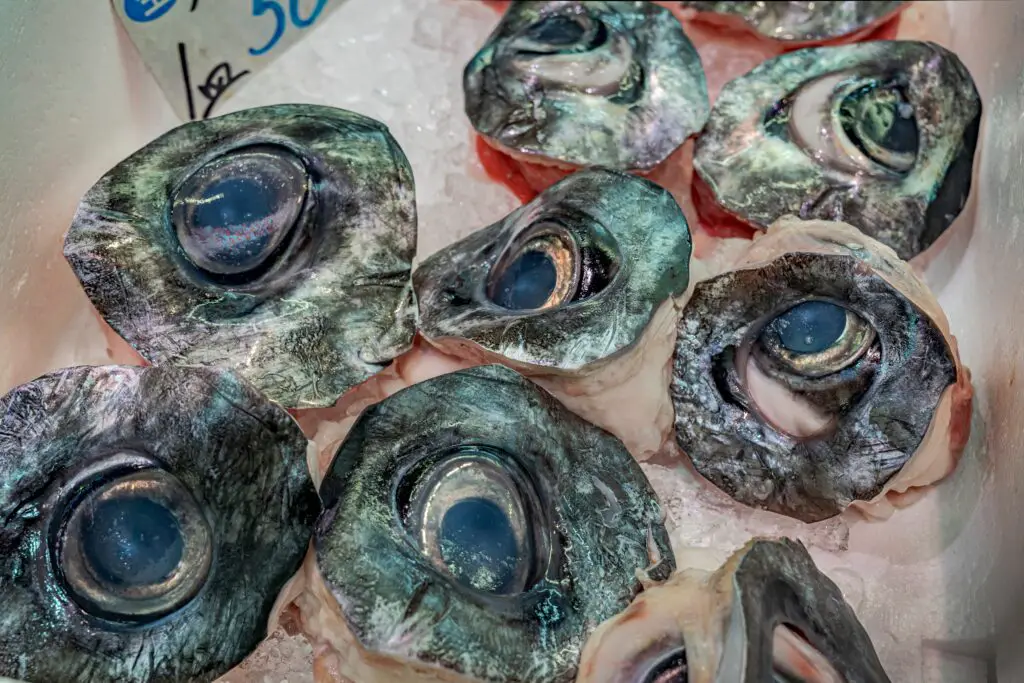
In parts of Asia, fish eyes are considered a delicacy and are often saved for the most honored guest at the table. Beyond their unique taste, they’re said to provide wisdom and sharper vision to the one who eats them. Children would sometimes be encouraged to eat them, with parents promising they’d do better in school afterward.
The tradition may sound strange to outsiders, but it’s rooted in the idea that consuming certain parts of an animal transfers its strengths. Even today, some families still serve fish eyes with pride, seeing them as a gift rather than something to be avoided. It’s a mix of respect, symbolism, and culinary boldness.
4. Spilling Salt Invites Trouble

Tossing a pinch of salt over your left shoulder after spilling it is a common practice, but not many people know why. This belief goes back centuries, when salt was rare and valuable. Wasting it was considered unlucky, and the act of throwing it behind you was supposed to blind the devil waiting there.
The superstition spread widely and became a household habit. Even now, many people instinctively reach for the salt if they knock over the shaker. It’s a quirky little ritual, but it shows how food and fear of bad luck have always been closely tied.
5. Eating Lentils Brings Wealth

In Italy, lentils are eaten on New Year’s Day as a way of inviting prosperity. Their round, coin-like shape is said to symbolize money, and the more you eat, the wealthier you’ll be in the year ahead. Families serve steaming bowls of lentils alongside sausages as part of the celebration.
The tradition has lasted for generations, and many Italians still won’t let the holiday pass without them. Even those who don’t particularly love lentils will take at least a spoonful, just in case the superstition is true. It’s a hopeful start to the year, rooted in comfort food and symbolism.
6. Garlic Wards Off Evil Spirits
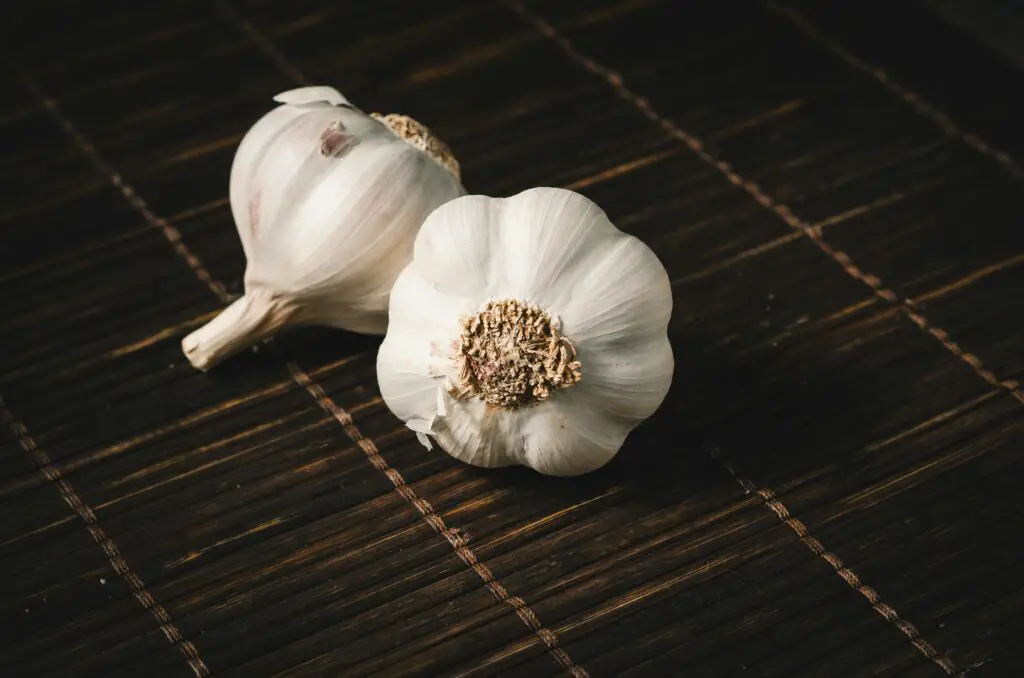
Garlic has long been believed to hold protective powers. In some cultures, people hung garlic bulbs in their kitchens or carried cloves in their pockets to keep away evil spirits. It wasn’t just vampires in old stories—garlic was thought to shield people from illness, curses, and misfortune.
Because it was also known for its strong smell and medicinal qualities, garlic’s reputation grew over time. Even today, some families put faith in garlic as more than just a cooking staple. Whether or not it keeps spirits away, there’s no denying it has always held a powerful place in food lore.
7. Cutting Noodles Short Cuts Life
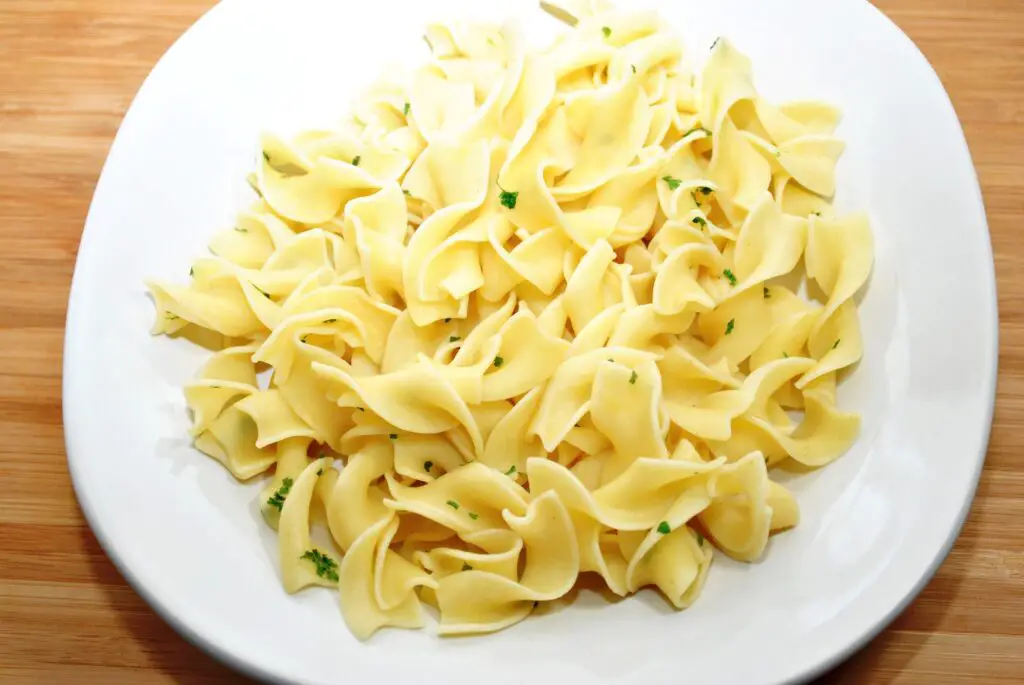
In China, noodles are often served long and unbroken, especially during birthdays. The length of the noodle is believed to represent the length of one’s life, so cutting or biting through them is discouraged. Slurping them whole, though perhaps messy, is a sign of good fortune.
The symbolism is so strong that birthday banquets almost always feature long noodles. Families encourage guests to enjoy them properly, reminding children not to chop them up. It’s a simple but meaningful way of weaving food into the celebration of life.
8. Bananas on Boats Bring Disaster
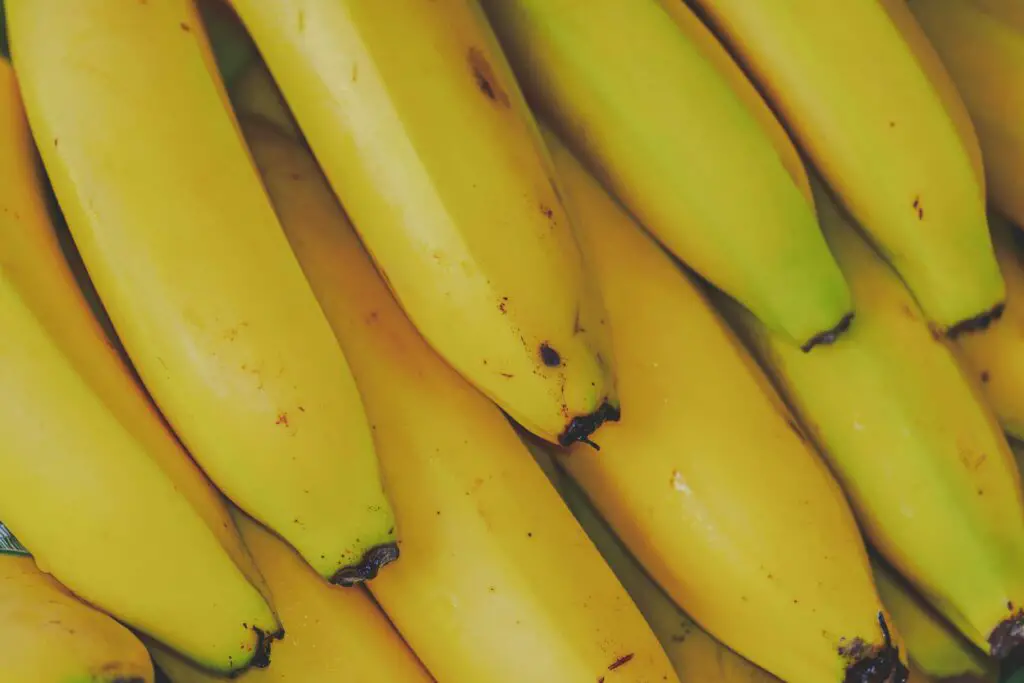
Among sailors and fishermen, bananas have a bad reputation. Superstition holds that bringing bananas aboard a ship invites bad luck, from spoiled catches to sudden storms. Some believe the fruit attracts dangerous pests, while others think it’s tied to stories of ships mysteriously disappearing at sea.
Even today, some fishing charters refuse to let anyone bring bananas on board. It’s an odd belief, but one that’s been taken seriously for generations. For those who live and work on the water, it’s better to play it safe than test the superstition.
9. Eggs Predict the Future
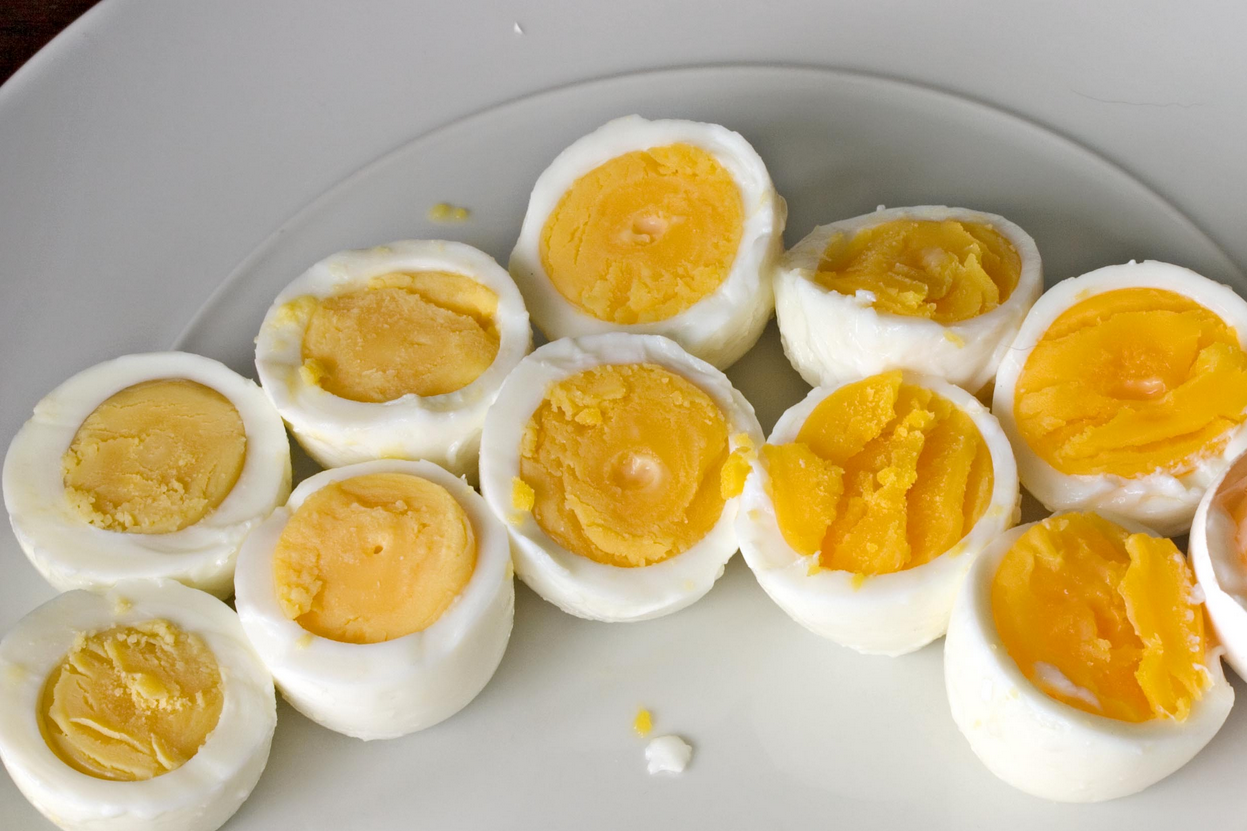
In some cultures, cracking an egg and studying how the yolk and whites settle was seen as a way to tell fortunes. Farmers believed eggs could reveal weather patterns or the success of upcoming harvests. Others thought the shapes inside the shell could predict personal events, like marriage or travel.
The practice was especially popular before modern forecasting and science. People trusted their food to give them answers when little else could. While it may sound far-fetched today, the ritual offered comfort and a sense of control over the unknown.
10. Rice at Weddings Ensures Fertility

Tossing rice at newlyweds is more than just a fun send-off—it’s rooted in an ancient belief. Rice has long been a symbol of fertility and prosperity, and showering a couple with it was thought to bless them with children and abundance. The more rice thrown, the more plentiful their life together would be.
This tradition spread worldwide and became a familiar sight at weddings. Even though many places now use birdseed or flower petals instead, the meaning behind it remains the same. Food was seen not just as sustenance, but as a way to pass blessings into the future.
11. Never Hand Someone a Chili Pepper Directly
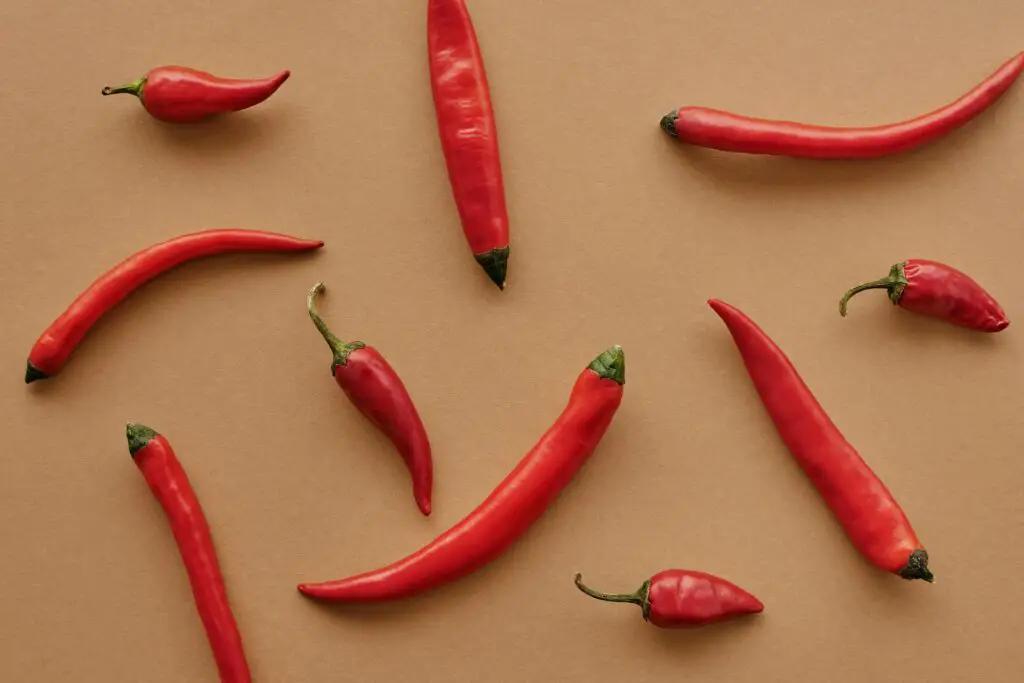
In some parts of Mexico and Central America, it’s considered bad luck to hand someone a chili pepper directly. Doing so is said to spark arguments or fiery tempers between the two people. Instead, peppers are usually placed on a table for the other person to pick up.
The belief likely grew from the pepper’s strong heat and association with intensity. Families passed it down as a simple rule of etiquette mixed with superstition. Even today, some people still follow it out of habit, avoiding unnecessary tension in the kitchen.
12. Whistling in the Kitchen Spoils Food

Across Eastern Europe and Russia, there’s a belief that whistling in the kitchen invites poverty or ruins whatever meal is being prepared. Some say it angers household spirits who oversee cooking, while others think it scares away luck. Either way, whistling near pots and pans is strongly discouraged.
This superstition probably developed as a way of keeping distractions out of the kitchen. Cooking was serious work, and mistakes could waste precious ingredients. By discouraging whistling, families kept the cook focused and the food protected.
13. Watermelon Seeds Make Plants in Your Stomach
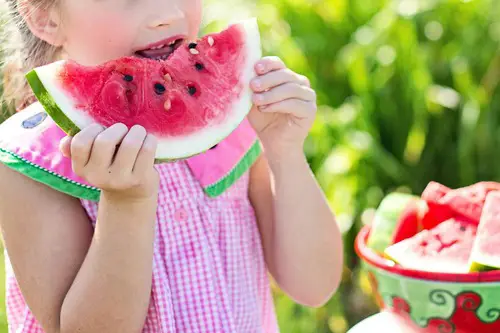
Many kids grew up hearing the warning that swallowing watermelon seeds would make one grow in your belly. Parents used it to get children to spit out the seeds instead of eating them. While it wasn’t true, the idea of a melon sprouting inside was enough to scare most kids.
The story became one of those funny, harmless myths that made food seem magical. It’s remembered fondly today as a childhood belief, though some people admit they were genuinely worried as kids. It shows how food stories often doubled as playful lessons.
14. Bread with Holes Brings Misfortune

In some places, finding large holes in bread was seen as a bad sign. People believed the empty spaces represented graves, and serving such bread could invite death into the household. Bakers and homemakers alike would sometimes toss loaves that seemed too hollow.
This belief shows just how symbolic bread was considered. It wasn’t just a meal—it was tied to life, health, and family security. Even small imperfections could spark fears, turning something as simple as a loaf of bread into a message from fate.
